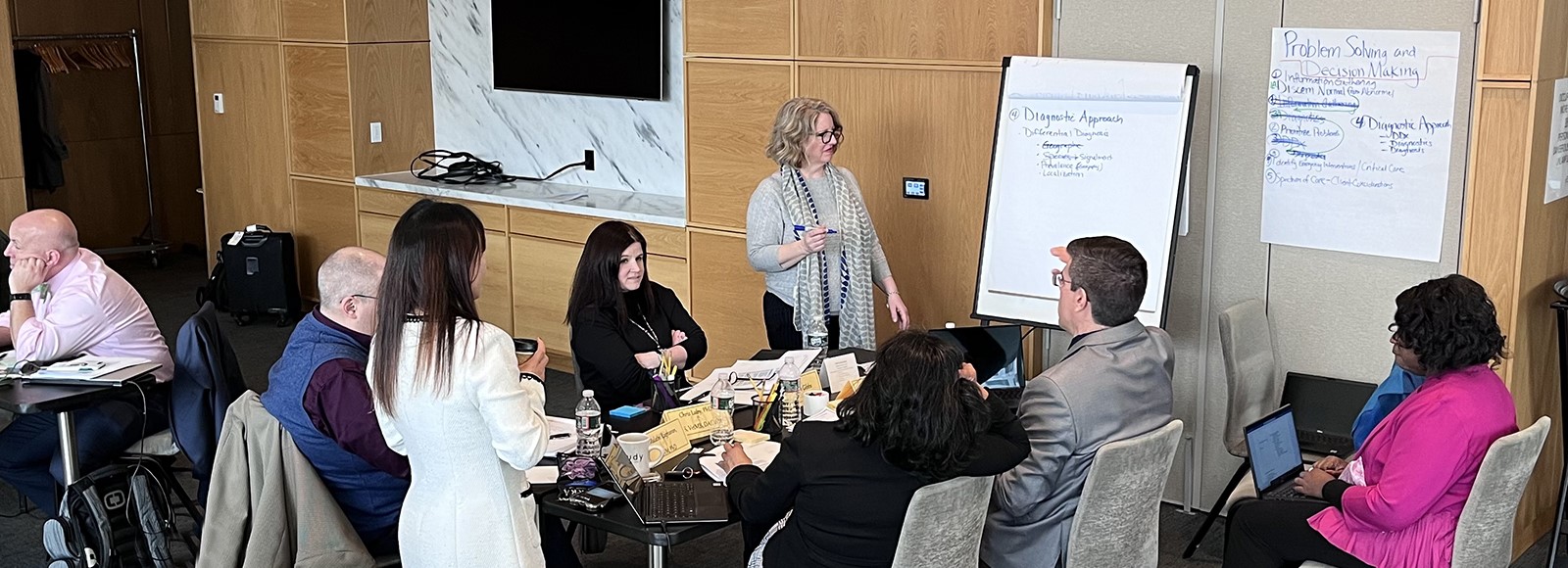
Development of ICVA’s New Progress Exam
ICVA is in the process of developing a new assessment for veterinary schools.
According to ICVA’s Chief Assessment Officer, Dr. Kent Hecker, there is a growing need in health-professions education for competency-based education and assessments — utilizing them to measure student progress as they work towards graduation. Ideally, individuals would take the assessment multiple times over the course of their program to better track their learning trajectory.
Following conversations with members of the ICVA’s Academic Veterinary Assessment Committee, ICVA is taking the initial step of developing this new tool that would help measure learning across content areas as veterinary students advance within their program. A standardized progress test for veterinary education will complement a school's suite of internal assessments to assist programmatic assessment.
Janine Hawley, Chief Innovation Officer, noted that ICVA is currently in its blueprinting phase for the assessment and has been collaborating with faculty from the veterinary schools looking for an assessment to complement the programs and assessments they are already putting into place to better understand how their students are progressing.
“The Rapid Blueprinting Advisory Committee (RBAC) includes participants representing 12 different veterinary schools across the US and Canada. The committee also represents expertise across species and foundational sciences.” — Dr. Kristin Chaney, Chair, ICVA Academic Veterinary Assessment Committee
The rapid blueprinting process consists of two phases. The first is an in-person advisory committee meeting consisting of educational experts and key stakeholders to build the draft assessment blueprint based upon the knowledge and skills common across veterinary education that all students must master by graduation. The second phase includes engaging stakeholders from the broader academic community to review and validate the draft blueprint for the new assessment.
“The important piece associated with this exam is the feedback for all the stakeholders with the understanding that in certain areas students will be further along given the emphasis of their respective schools at the time.” — Dr. Kent Hecker
A key component of this assessment is understanding and providing feedback so that learners have a benchmark for where they are and how well they’re progressing in those respective areas and topics. Instructors will better appreciate their teaching performance within their respective topics and view it from a new perspective, and administrators can compare results to their curriculum plans.
ICVA is seeking to pilot it with several schools that have expressed interest and looks forward to this new assessment being a vital part of students’ learning as they progress toward veterinary practice. If you have any questions about this new assessment, please contact us at Progresstest@icva.net.
